Humble dedication, quiet wisdom
February 5, 2024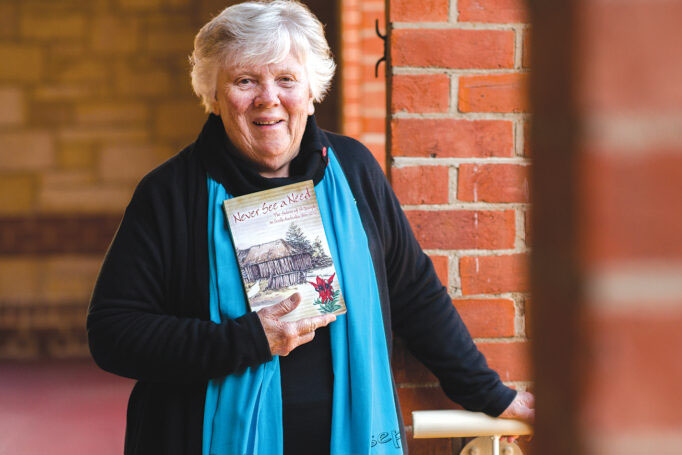
We remember and give thanks for the life of Sr Marie Foale – a Sister of Saint Joseph, teacher, scholar, author and archivist.
We invite you to read more about the life of Sr Marie via the Southern Cross Newspaper (Archdiocese of Adelaide) here.
Consecrated Life – An Evolving Reality
January 30, 2024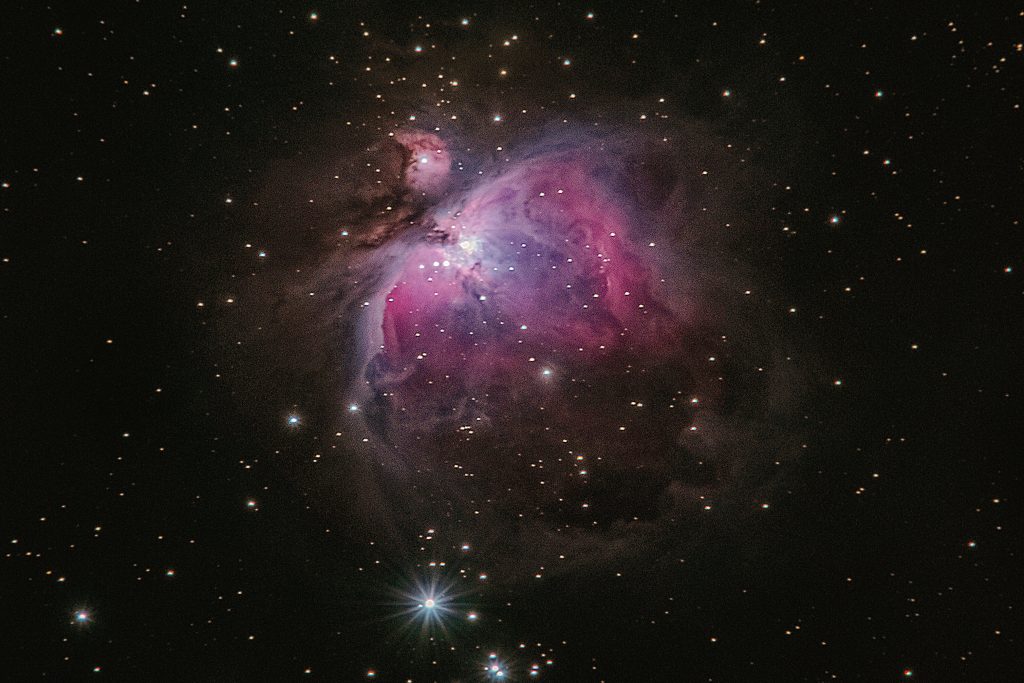
Reflection for the World Day for Consecrated Life (2 February 2024)
Consecrated life is an evolving reality. To explore what it really means and matters for our world today, we need to engage in conversation about it.
Recently I asked some Sisters to consider these questions. These are some of the thoughts they raised. I was interested to find that they were mindful of religious life within the context of the call to everybody to live the Christian life. They were certainly conscious of classic statements about the “universal call to holiness” (Lumen Gentium, Ch 5, #39):
Appointment of Director – Spirituality Ministry
January 29, 2024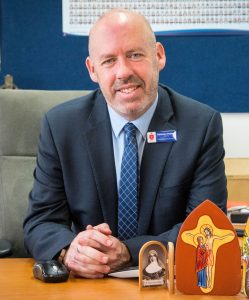
Sr Monica Cavanagh and the Congregational Leadership Team of the Sisters of Saint Joseph are pleased to announce the appointment of Mr Eamonn Pollard to the newly created role of Director Spirituality Ministry.
The creation of this position supports the Congregation’s commitment to a more integrated approach to its spirituality ministry, recently evidenced by the refreshing of the Board of the Spirituality Ministry and decision to bring the various ministries under the oversight of that company.
Eamonn will, in the first instance, review the faith formation and spirituality programs available through the Spirituality and Heritage Centres and evaluate these in the light of Sisters of Saint Joseph priorities and contemporary needs. While initially under the direction of the Congregational Leadership Team, Eamonn will also work with the new Board to emerge the future vision of the Spirituality Ministry.
Australia Day 2024
January 25, 2024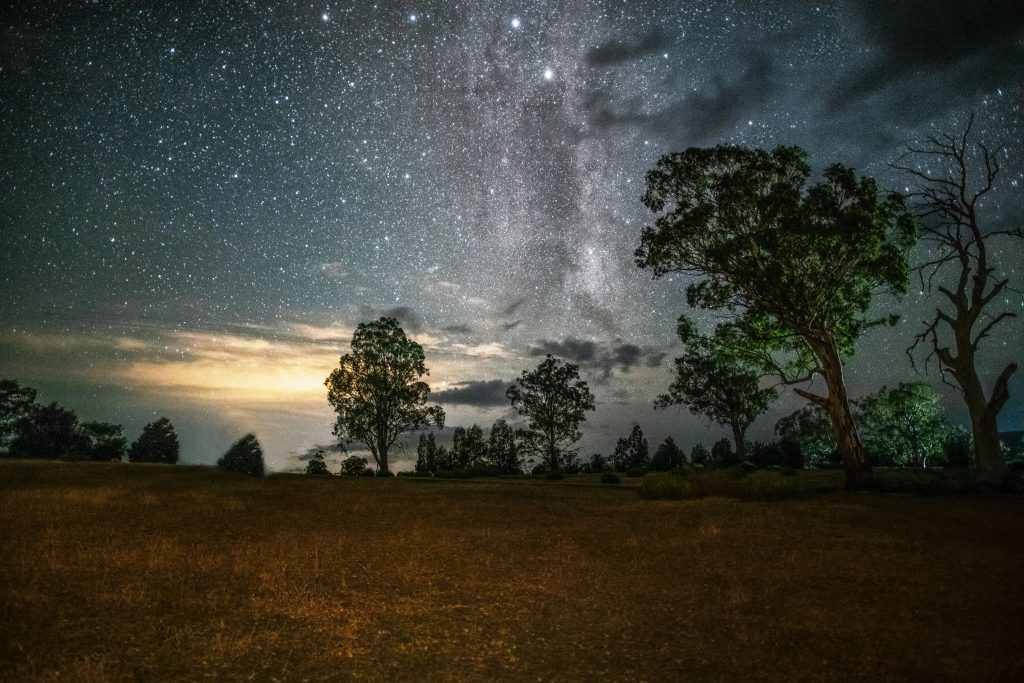
Celebrating Australia Day evokes many emotions as people come together to acknowledge our story as Australians. This year, the National Australia Day Council invites us to Reflect. Respect. Celebrate – We’re all part of the story. On their website for Australia Day 2024, they have a short video that captures this reality.
It is a day to reflect upon the complexity and ambiguity of Australian history. It is a date that triggers discussions and actions around the need to move the date and what it means for First Nations Australians who have called Australia home for over 65,000 years. For many Aboriginal and Torres Strait Islander Peoples, this day holds the story of dispossession of their land or invasion day, while for others it is a day to acknowledge and respect their capacity for survival against the odds, their resilience, and the strength of their enduring culture. It is a day when we are invited to contemplate, listen, and grow in a deeper understanding of First Nations culture, spirituality, and the gifts they contribute. It is a day when we are called once again to work towards reconciliation. It is a day to read reflectively the desire expressed in the Uluru Statement from the Heart.
130th Anniversary of Mary MacKillop’s first visit to Aotearoa New Zealand
January 24, 2024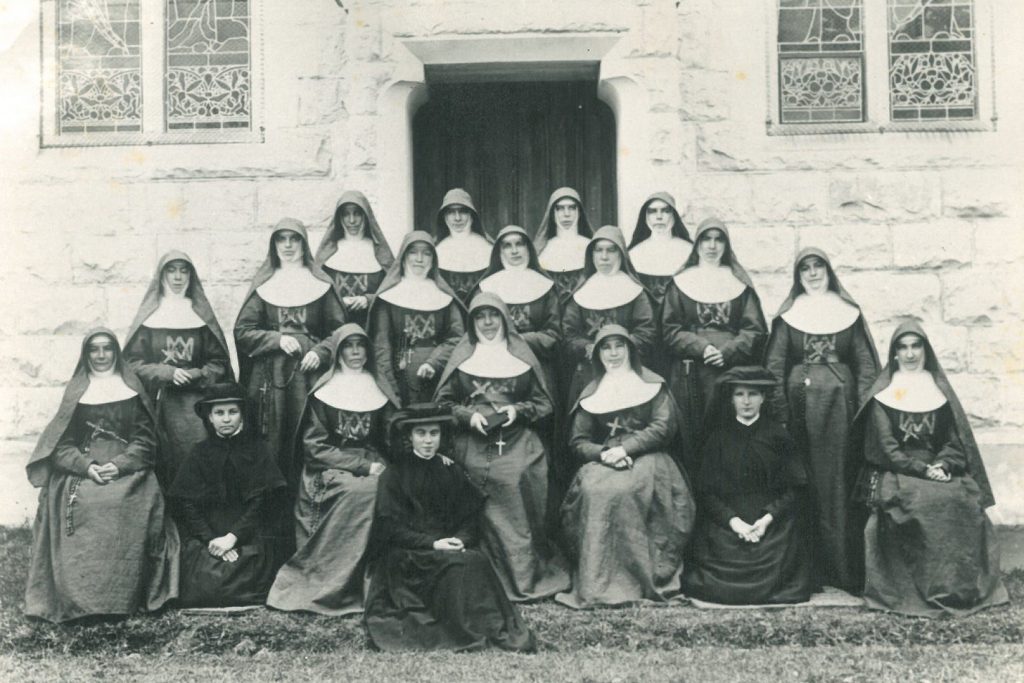
Mary MacKillop’s first visit in Aotearoa New Zealand began from her arrival on 25 January 1894 and concluded on 8 March 1895.
The itinerary of Mary’s visit, ascertained from correspondence compiled by Sister Anne Marie Power, shows that some places were visited more than once.
Twenty-eight years on from the founding of the Congregation in 1866, Mary visited the Sisters in Aotearoa New Zealand. This was a visitation of the Sisters, many of whom had been sent from Adelaide and Sydney by Mary at the request of the bishops in New Zealand for teaching staff. The Sisters were in regular communication with Mary by letters and they were encouraged to write often. It must have brought great joy to see her again in person.
Josephites in Australia actively respond to Laudato Si’
January 22, 2024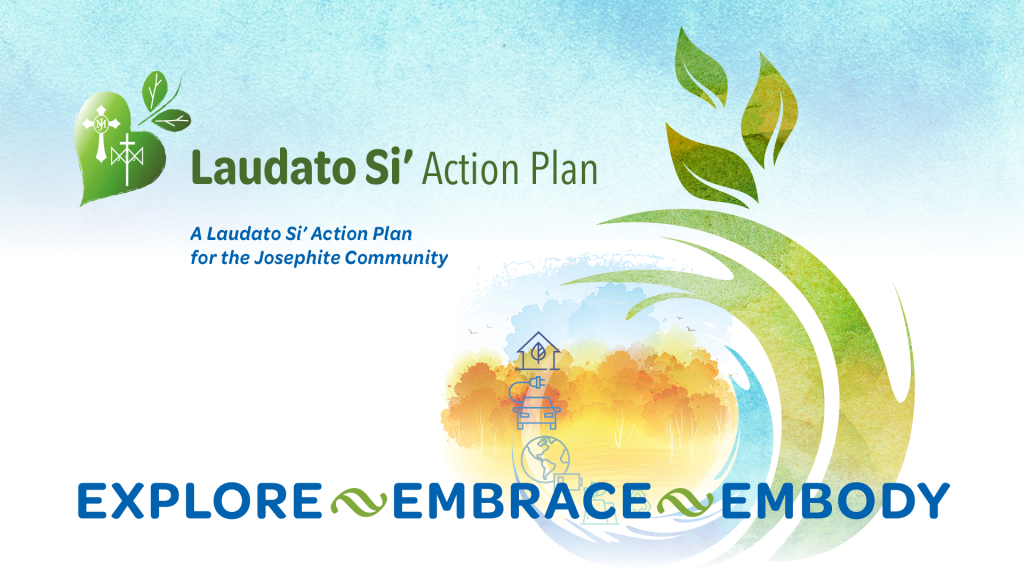
The Sisters of Saint Joseph have recently been featured in Vatican News and the L’Osservatore Romano (Vatican City newspaper) for their response to Laudato Si’.You’re invited to view the article via the Vatican News and L’Osservatore Romano websites below.
Josephites in Australia actively respond to Laudato Si’ – Vatican News
Beatification of Mary MacKillop Anniversary
January 18, 2024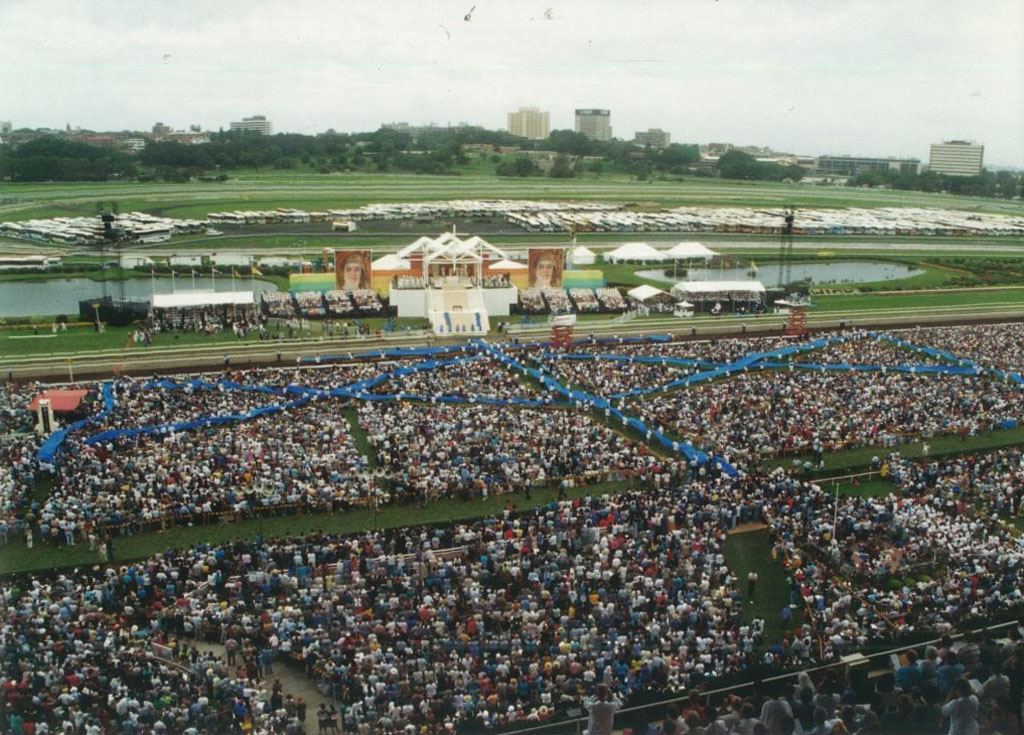
My first impression goes back to the morning prayer held in St Mary’s Cathedral, Sydney before the beatification, when Pope John Paul II came to officiate at this event. The presence of the pontiff at such a gathering was awe inspiring, with some of our Sisters able to meet him personally.
Mary MacKillop: Gifted and Graced
January 14, 2024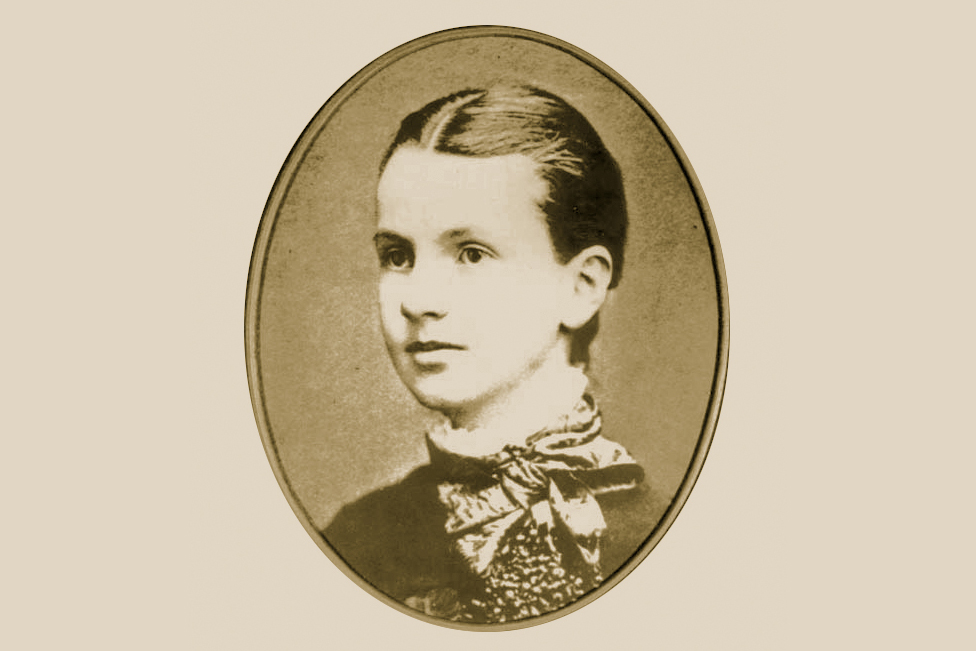
No doubt 15 January 1842 was a day of celebration for Flora MacKillop (nee MacDonald) and Alexander MacKillop and their extended family on the birth of their first daughter in Merino Cottage, Fitzroy, Melbourne. Mary MacKillop’s parents were Highland Scots, Alexander MacKillop arriving in Sydney in January 1838 and Flora MacDonald in April 1840. Father Geoghegan blessed their marriage on 14 July 1840 and baptised the child Maria Ellen, [1] known as Mary Helen, on 28 February 1842.
